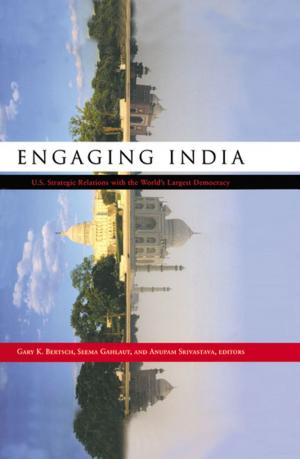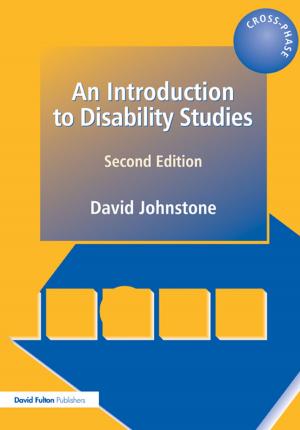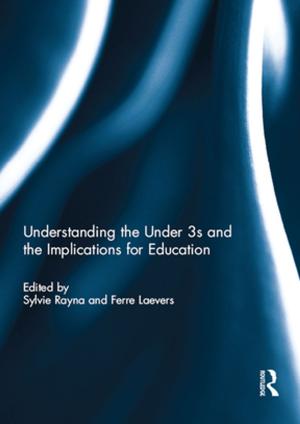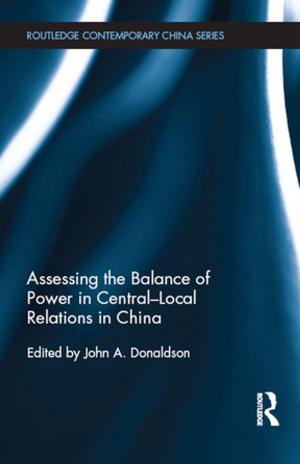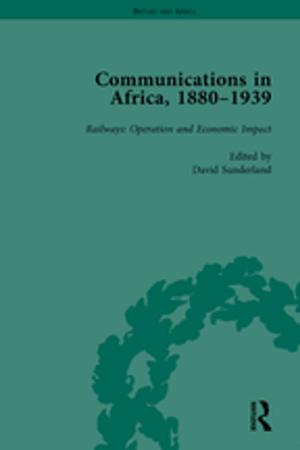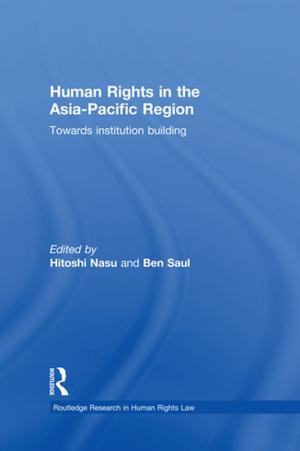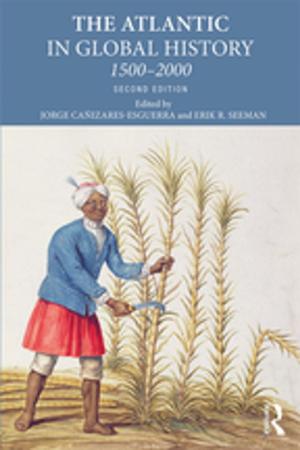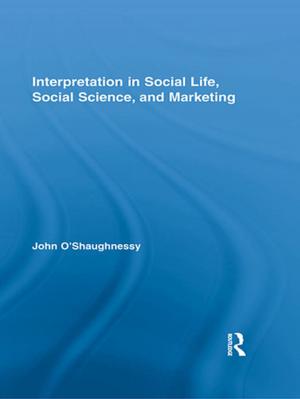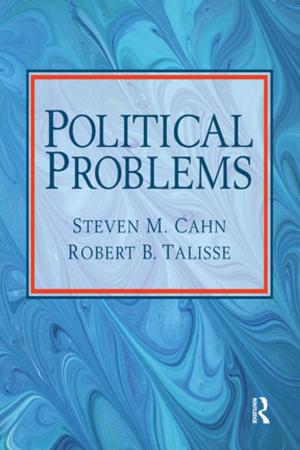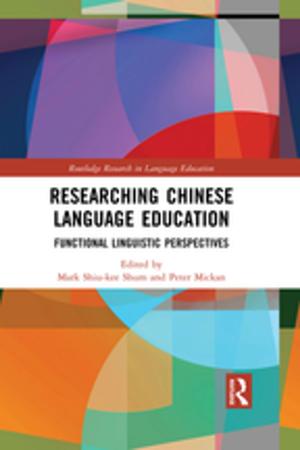Disintegrative Tendencies in Global Political Economy
Exits and Conflicts
Nonfiction, Social & Cultural Studies, Political Science| Author: | Heikki Patomaki | ISBN: | 9781351660617 |
| Publisher: | Taylor and Francis | Publication: | October 23, 2017 |
| Imprint: | Routledge | Language: | English |
| Author: | Heikki Patomaki |
| ISBN: | 9781351660617 |
| Publisher: | Taylor and Francis |
| Publication: | October 23, 2017 |
| Imprint: | Routledge |
| Language: | English |
Whether we talk about human learning and unlearning, securitization, or political economy, the forces and mechanisms generating both globalization and disintegration are causally efficacious across the world. Thus, the processes that led to the victory of the ‘Leave’ campaign in the June 2016 referendum on UK European Union membership are not simply confined to the United Kingdom, or even Europe. Similarly, conflict in Ukraine and the presidency of Donald Trump hold implications for a stage much wider than EU-Russia or the United States alone.
Patomäki explores the world-historical mechanisms and processes that have created the conditions for the world’s current predicaments and, arguably, involve potential for better futures. Operationally, he relies on the philosophy of dialectical critical realism and on the methods of contemporary social sciences, exploring how crises, learning and politics are interwoven through uneven wealth-accumulation and problematical growth-dynamics. Seeking to illuminate the causes of the currently prevailing tendencies towards disintegration, antagonism and – ultimately – war, he also shows how these developments are in fact embedded in deeper processes of human learning. The book embraces a Wellsian warning about the increasingly likely possibility of a military disaster, but its central objective is to further enlightenment and holoreflexivity within the current world-historical conjuncture.
This work will be of interest to students and scholars of international relations, peace research, security studies and international political economy.
Whether we talk about human learning and unlearning, securitization, or political economy, the forces and mechanisms generating both globalization and disintegration are causally efficacious across the world. Thus, the processes that led to the victory of the ‘Leave’ campaign in the June 2016 referendum on UK European Union membership are not simply confined to the United Kingdom, or even Europe. Similarly, conflict in Ukraine and the presidency of Donald Trump hold implications for a stage much wider than EU-Russia or the United States alone.
Patomäki explores the world-historical mechanisms and processes that have created the conditions for the world’s current predicaments and, arguably, involve potential for better futures. Operationally, he relies on the philosophy of dialectical critical realism and on the methods of contemporary social sciences, exploring how crises, learning and politics are interwoven through uneven wealth-accumulation and problematical growth-dynamics. Seeking to illuminate the causes of the currently prevailing tendencies towards disintegration, antagonism and – ultimately – war, he also shows how these developments are in fact embedded in deeper processes of human learning. The book embraces a Wellsian warning about the increasingly likely possibility of a military disaster, but its central objective is to further enlightenment and holoreflexivity within the current world-historical conjuncture.
This work will be of interest to students and scholars of international relations, peace research, security studies and international political economy.





